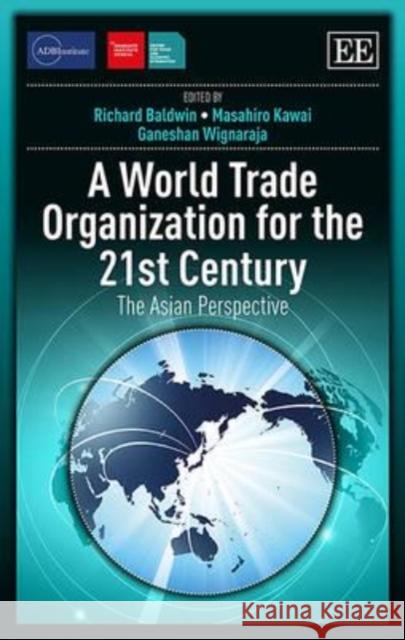A World Trade Organization for the 21st Century: The Asian Perspective » książka
A World Trade Organization for the 21st Century: The Asian Perspective
ISBN-13: 9781783479276 / Angielski / Twarda / 2014 / 448 str.
The global financial crisis exposed great shortcomings in the global economic architecture, generating extensive international debate about possible remedies for these deficiencies. The postwar global architecture was guided by major developed economies, centered around the IMF, the GATT, and the World Bank. Today, the balance of economic power is shifting toward emerging economies. Global governance and economic policy must reflect this shift. With contributions from prominent Asian and international trade experts, this book critically examines key changes occurring in the world trading system and explores policy implications for Asia. The world trading system, led by the World Trade Organization (WTO), is under pressure to evolve and address 21st-century trade issues. Meanwhile, economically salient Asia has built deep supply chains over decades, whilst experimenting with mega-regional trade agreements and economic policies to sustain growth amid a fragile economy. The Asian-led Regional Comprehensive Economic Partnership (RCEP) and the United States-led Trans-Pacific Strategic Economic Partnership (TPP) are competing to set standards for Asia's trade and supply chains. Lessons from the Asian experience offer new approaches and economic policies to sustain growth, presenting the WTO as a forum for action to improve global and regional trade governance in the 21st century. Policy makers will benefit from the expert knowledge and policy lessons presented in this book, and development economists and researchers will profit from its critical examination of the world trading system. Undergraduate and postgraduate students interested in development, development economics, international development, and related fields will find this essential supplementary reading.











